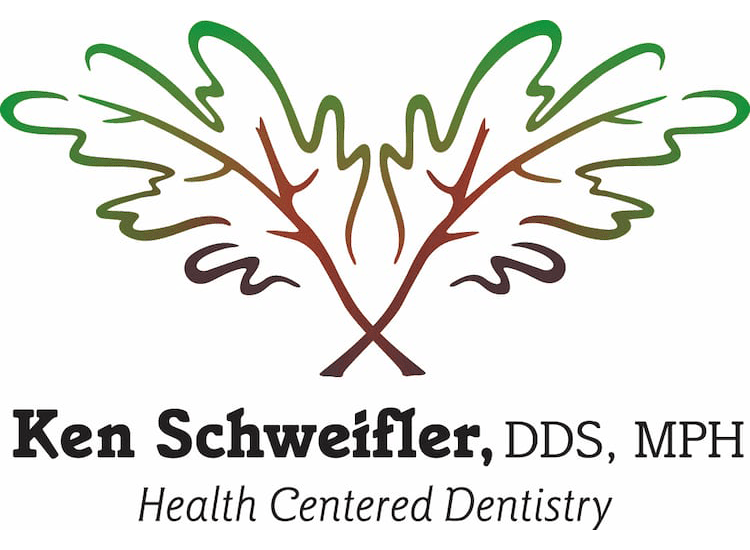WHAT IS BRUXISM?
Bruxism, or teeth grinding, is the process of fringing or clenching the teeth. Whether patients grind their teeth consciously or unconsciously, it is imperative to identify the underlying cause to build an effective treatment plan. Patients often grind their teeth while they sleep or because of stress or anxiety.
Common signs of teeth grinding.
Patients who grind their teeth can exhibit many symptoms, ranging from headaches to jaw pain. Understanding how these symptoms relate to your dental health can help patients get the necessary care.
Patients may notice signs of teeth grinding, such as worn or chipped teeth. Because teeth grinding regularly causes stress on the biting surfaces of the teeth, the tooth enamel is more prone to wear, chipping, and fracturing.
In addition, teeth grinding can cause:
- Earaches
- Facial pain
- Jaw tightness
- Chipped, fractured, or cracked teeth
- Flattened or worn teeth
Patients may experience tooth sensitivity and dental pain if left untreated. In advanced cases, teeth grinding can lead to TMJ complications.
It is important to note that some patients don’t realize they grind their teeth because they do not show any symptoms. This is especially true if teeth grinding and clenching occurs during sleep. A routine visit designed to analyze the teeth, gums, joints, and muscles can help our team spot signs of teeth grinding.
Treatment for Teeth Grinding in Los Altos
Treating teeth grinding is dependent upon its underlying cause. Dr. Schweifler will comprehensively examine the joints, muscles, teeth, and gums to check for signs of teeth grinding. Once the cause of teeth grinding is established, Dr. Schweifler will explore all plausible treatment options and build a personalized treatment plan.
Treatment aims to address any damage and prevent further teeth grinding and damage.
Oral Appliance Therapy: For patients with TMD, a splint can prevent the teeth from coming together and help reposition the bite. A splint is similar to a night guard, allowing your jaw joints and muscles to shift into proper alignment.
Restorative Dentistry: Depending on the needs of the patients, certain restorative techniques can be employed to correct the bite and address signs of damage. Some may benefit from simple tooth bonding, while others may need a more advanced restorative treatment to restore health and balance to their bite.
Orthodontics: In some cases, realigning the teeth may help release pressure off the biting surfaces of the teeth, which can reduce the risk of teeth grinding.
Teeth Grinding FAQs
What causes teeth grinding?
While teeth grinding can result from stress and anxiety, it may also result from an abnormal bite, missing teeth, crooked teeth, and sleep disorders. Research has suggested that teeth grinding can directly affect sleep apnea.
When the tongue collapses in the airway, the brain may send a signal to the jaw, which causes it to move back and forth until the tongue is removed from the airway. Factors such as jaw positions, dental trauma, and strain can also contribute to teeth grinding.
What should I do if my child grinds their teeth?
It is not harmful for your child to grind their teeth while sleeping. Many children tend to do it and then grow out of the habit. As long as your child visits the dentist regularly, you do not need to be overly worried. The dentist will check your child’s teeth at each routine checkup to ensure no extensive damage or sensitivity.
Can I make my teeth grinding stop on my own?
Yes! The best way to reduce teeth grinding is your lessen your stress and anxiety. You can also reduce your caffeine consumption from coffee, tea, soda, and chocolate. Lowering your consumption of alcohol will help reduce your chance of dehydration, which can trigger teeth grinding. Massaging and stretching the muscles around the jaw before bed can help reduce the grinding.
Will chewing gum stop teeth grinding?
No! In fact, we recommend avoiding chewing gum as the continual chewing motion will encourage your jaw to clench. Jaw clenching, in turn, encourages teeth grinding. If you chew gum, begin to limit how much you chew a day to minimize the strain on your teeth and jaw.
Does grinding teeth cause cavities?
Regular teeth grinding can wear away enamel, making teeth more vulnerable to decay. Those who suffer from bruxism frequently experience discomfort in the jaw and teeth, especially around their back molars.
Can grinding cause bone loss?
The habit of grinding one’s teeth may be common, but it is not normal. Cracks and chips in teeth are just the beginning of the problems arising from bruxism. Grinding stresses the entire jaw and can even lead to bone reduction in the face over time.
